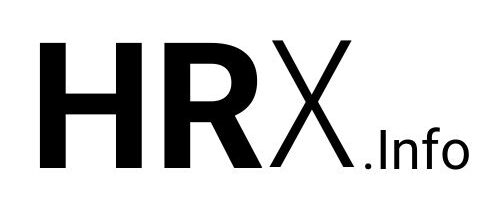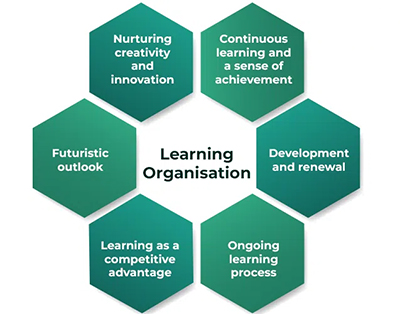A learning organization is a normative ideal model of a company in which organizational learning is fully institutionalized. In such an environment, the company continuously develops and maintains all the individual and collective skills necessary to meet both current and future demands—almost automatically.
The learning organization is not merely reactive but deeply proactive. Its structures, culture, and systems are intentionally designed to foster the ongoing acquisition, sharing, and application of knowledge. This allows the organization to adapt rapidly, innovate consistently, and maintain high levels of development capacity in an ever-changing business landscape.
See also: Organizational Development
Characteristics of a Learning Organization
Core features include:
-
Continuous learning at all levels (individual, team, organizational)
-
Knowledge-sharing culture
-
Supportive leadership and strategic alignment
-
Open communication and feedback mechanisms
-
Institutionalized learning processes and systems
In a true learning organization, employees are empowered to question assumptions, experiment, and reflect on their experiences—thereby enhancing both performance and adaptability.
Strategic Relevance
Organizations that embody this model are particularly well-positioned for:
-
Sustained innovation
-
Employee engagement and retention
-
Agile transformation
-
Long-term competitiveness
HR and leadership play a key role in embedding the principles of a learning organization into daily operations through training programs, knowledge management systems, and organizational development initiatives.
« Back to Glossary Index






